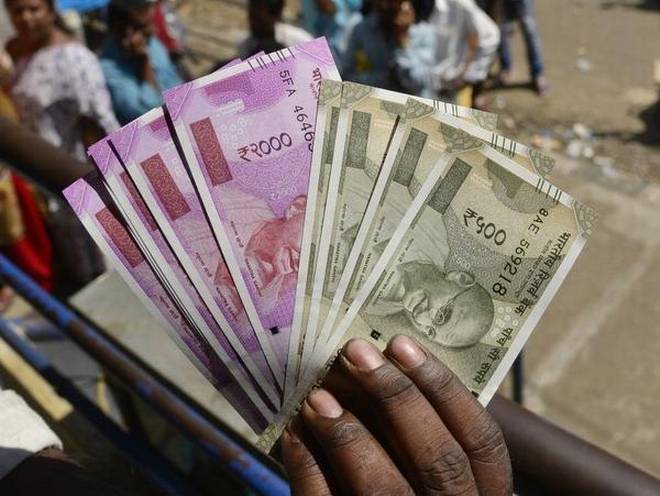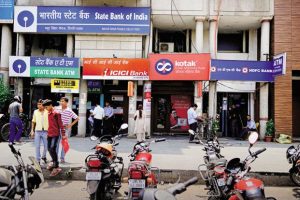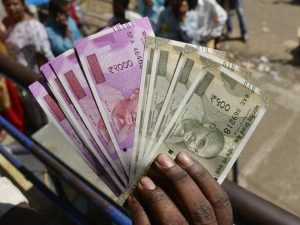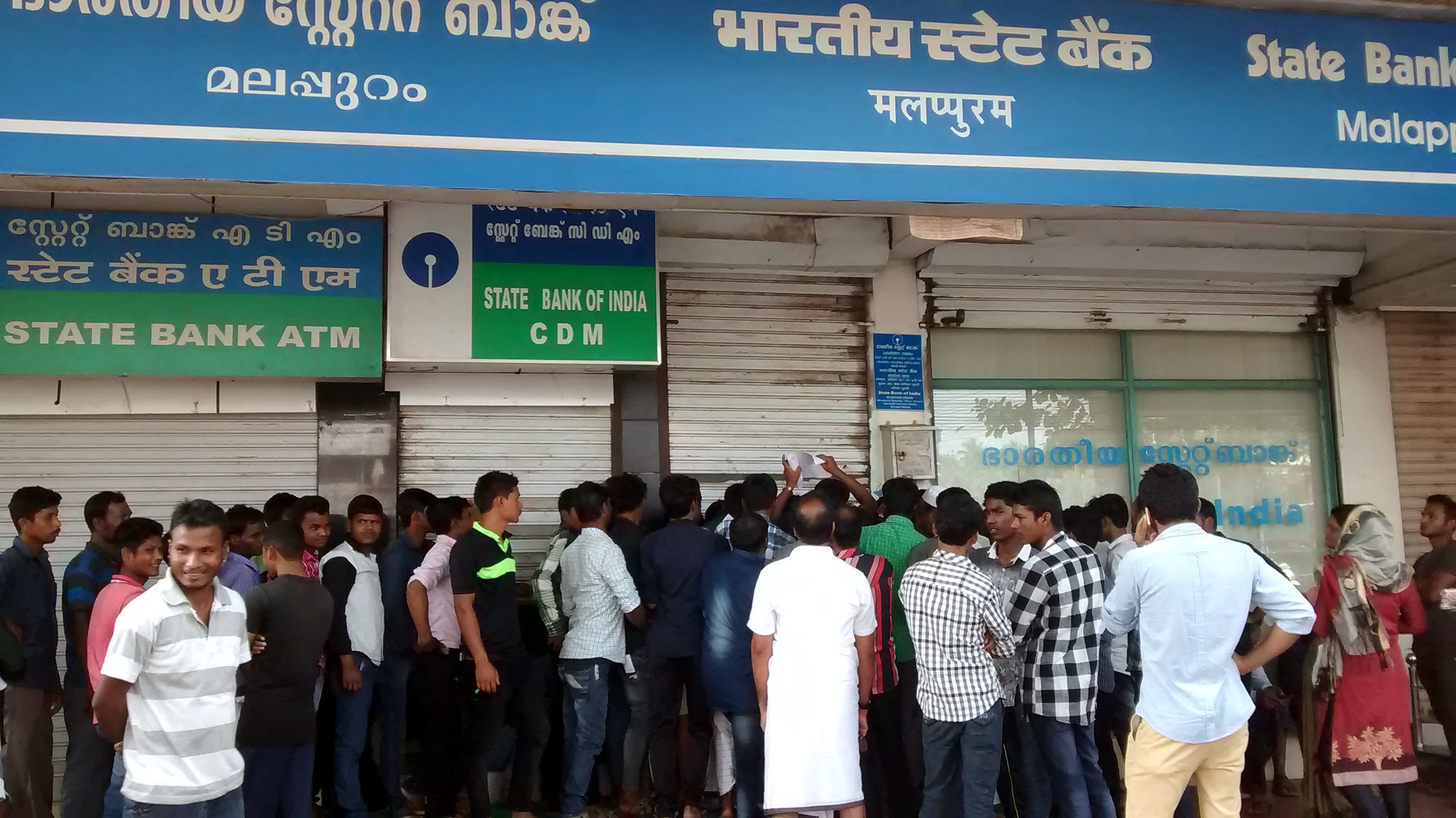Beware! Here’s What May Happen to Your Money if Your Bank Goes Bankrupt
The new bill's 'bail-in' provision implies that account holders can lose control of their money in case the bank’s financial situation goes for a toss.

On August 10, 2017, the Centre proposed a new bill – The Financial and Deposit Insurance Bill, 2017. The aim of the bill is to provide a comprehensive resolution framework to deal with bankruptcy situations for financial sector entities like banks and insurance companies.
With the introduction of this new bill, the primary question that arises is how safe are our savings in our bank accounts?

The irony here is that while banks are meant to keep your money safe and allow you to withdraw the same when you wish so, can you envisage a situation where the bank goes bust and is unable to repay the deposits it holds?
The financial distress of banks is not something new and has been addressed by the Deposit Insurance and Credit Guarantee Corporation Act since 1961. As per the current legal regime, banks take an insurance cover for deposits of up to Rs one lakh, including interest. Any deposit over and above Rs one lakh does not have this protection.
Quite glaringly, this implies that, theoretically, there is a possibility that a bank account holder with a large deposit might lose a lot of money if the bank goes insolvent. Interestingly though, this has never happened since 1961. The problem with the new bill is that it has paved the way for liquidation or amalgamation of public sector banks.
Impact of the new bill on the banking industry
The banking sector is of the opinion that this new law will take away power from the Reserve Bank of India. As per the new bill, a Resolution Corporation will be set up which will oversee all matters pertaining to the restructuring of financial institutions.
This body will weaken the regulatory role of RBI. This corporation will solely determine if ‘financial banks’ are exposed to any sort of financial problems and will also trigger the appropriate remedy to rescue the banks from such a situation. Further, this body will also take over the Deposit Insurance and Credit Guarantee Corporation and will provide deposit insurance. It will also decide the amount insured for each depositor. It is also possible that this insured amount can vary for customers across different banks and it may also vary from different categories of customers within the same bank.
Previously, the State Bank of India Act has made it clear that the banks cannot be liquidated. However, this new law will dilute this provision. Further, another point of debate is that the Resolution Corporation can fire employees of the bank and can also change their compensation structure.
The current status of the bill
Presently, the draft bill is to be reviewed by a joint parliamentary committee. Subsequently, the bill will be taken before Parliament for legislative approval during the winter session. This parliamentary committee was set up in March 2016 under the tutelage of Ajay Tyagi, Additional Secretary of the Department of Economic Affairs.
Bail-in Clause

The most interesting feature of the new bill is ‘bail-in’ provision. This implies that bank account holders can lose control of their money and can be forced to bear a loss on their deposit in case the bank’s financial situation goes for a toss.
Before we delve into what is the ‘bail-in’ clause in the new act, let’s first understand the meaning of bail-in.
Bail-in refers to a method used for recovering financial institutions from financial distress. When the banks are on the brink of a breakdown, this clause let banks use deposits of creditors or depositors for recapitalisation. The concept of bail-in was first used in Cyprus in 2013.
This clause directly impacts bank account holders. In banking diction, bank account holders who deposit their money are known as depositors or creditors but they are unsecured creditors as banks use these deposits to extend loans and earn interest.
As per the proposed law, a bail-in clause will trigger if the Resolution Corporation is of the opinion that bank is in dire need of capital to even out the losses and continue to function without breakdown. As per this clause, the banks can convert the deposited amount by the depositors into securities like stocks of the banks.
This seems a dangerous clause. What will happen if the bank is unable to revive and completely loses the depositor’s money?

Photo Source: Wikimedia Commons
People prefer to put their money in public sector banks because they know that the government will bail out the bank in case it goes insolvent.
As per the new proposed law, the bail-in clause may convert any securities from one class to another. This also includes the creation of new security in the modification of an existing security. This clause will assist banks in bringing capital in emergency situations.
If this bail-in clause is implemented, banks can easily swallow depositors’ hard-earned money. The depositors will get stocks in the bank, but the value of these stocks will be less than the depositor’s losses in most cases.
So let’s hope that this provision does not get teeth in it’s most current form and the government adequately safeguards the interest of depositors.
If you feel the government should not pass the bill with the ‘bail-in’ provision, you can sign this petition.
This story made me
- 97
- 121
- 89
- 167
Tell Us More
We bring stories straight from the heart of India, to inspire millions and create a wave of impact. Our positive movement is growing bigger everyday, and we would love for you to join it.
Please contribute whatever you can, every little penny helps our team in bringing you more stories that support dreams and spread hope.



















